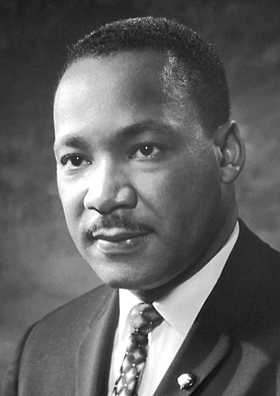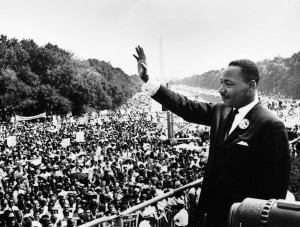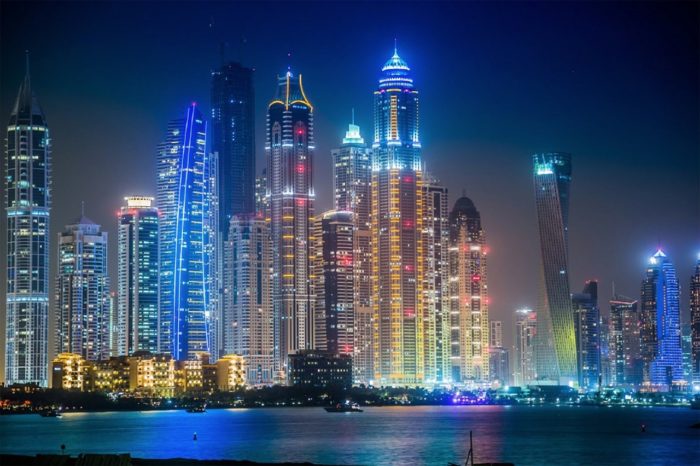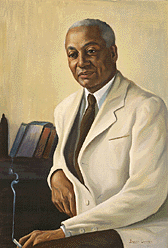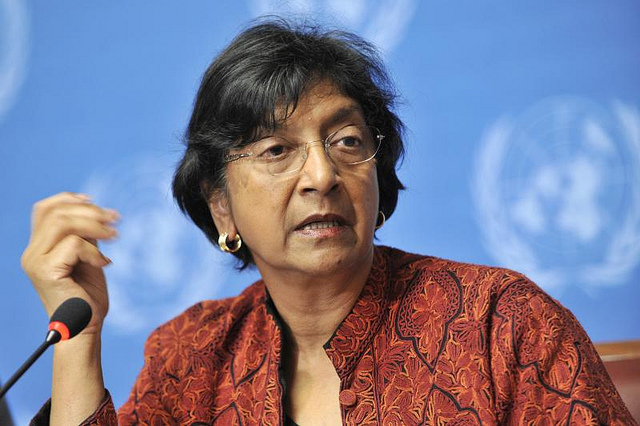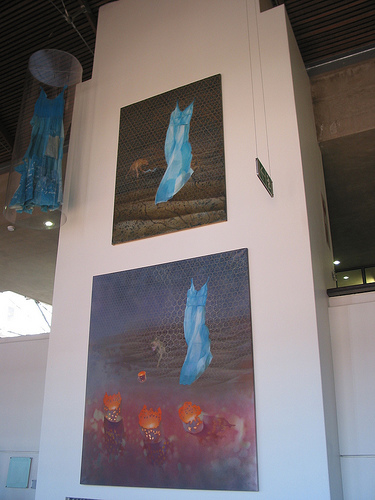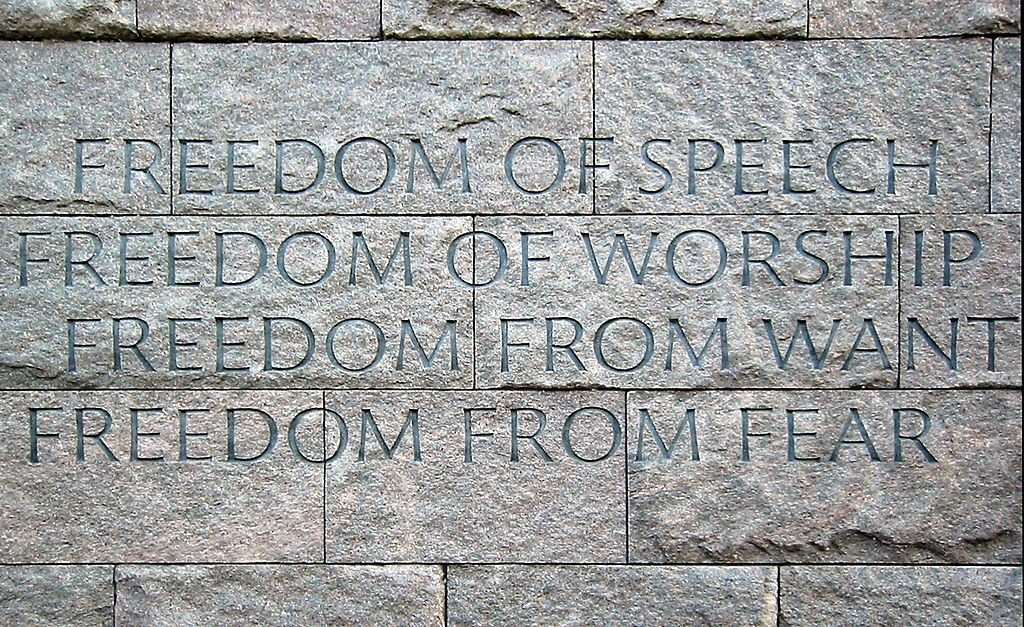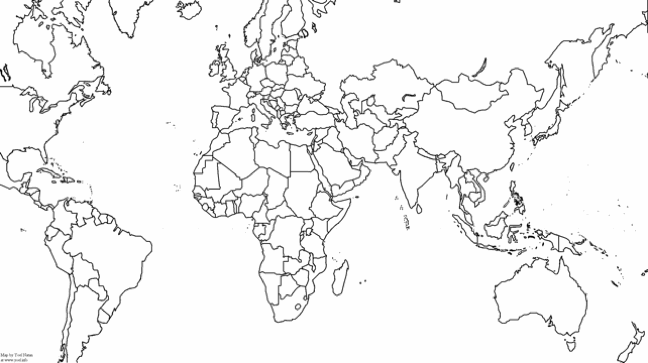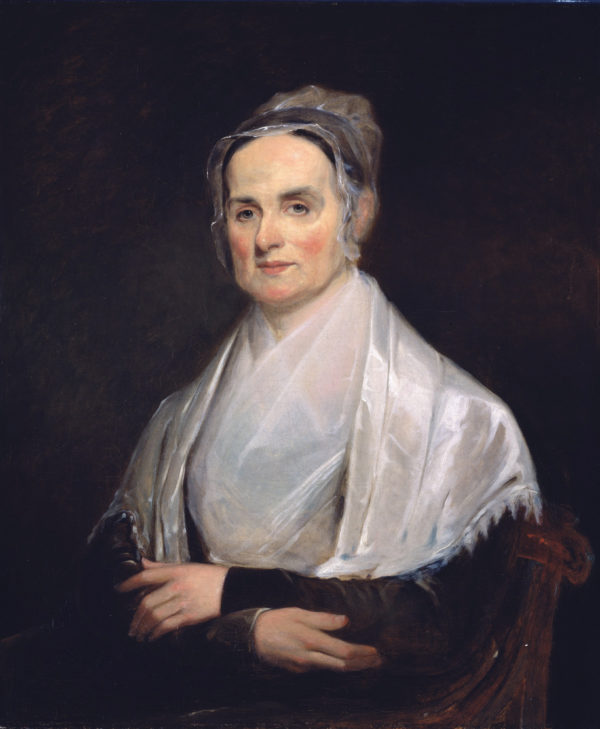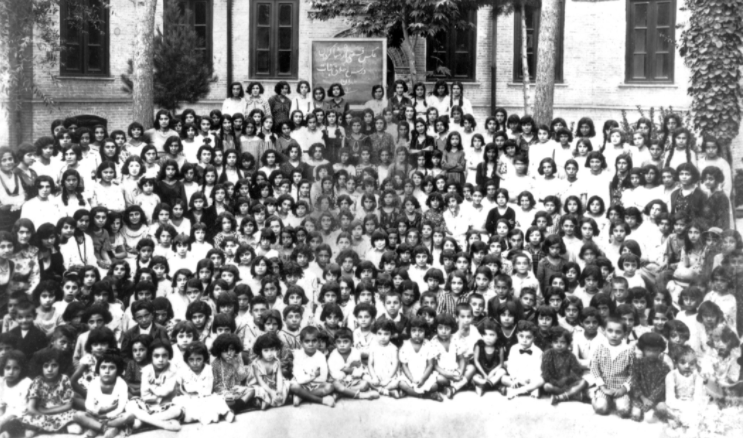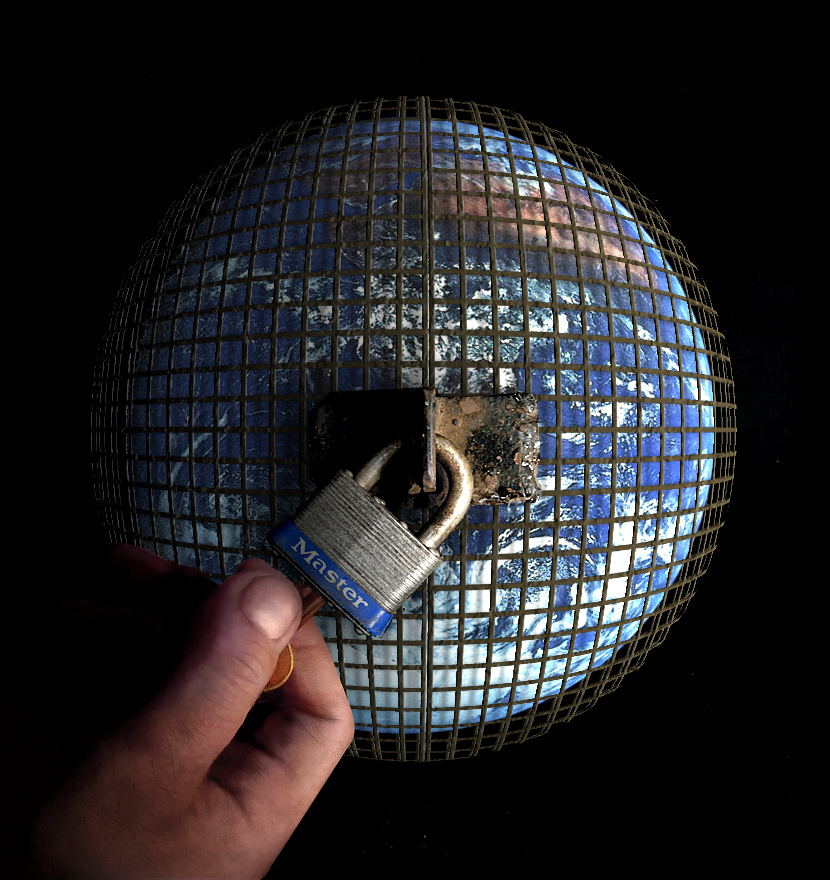immigration
One of the most direct ways that exclusion on the basis of citizenship occurs is by denial of access to territory. Denial of freedom of movement. What this can mean to the potential immigrant is denial of the right to work, the right to safety and to education. Thousands of irregular migrants have lost their lives seeking to cross international borders.
-
Frontera Movie Review
The Frontera movie is a story about lives shattered by the US-Mexico border. The story unfolds around two families: one from the Mexican side, one from the U.S. side. Miguel (Michael Peña) crosses the border to find work to support his family, including his pregnant wife Paulina (Eva Longoria). On the other side lives a retired sheriff Roy (Ed Harris) and his wife Olivia (Amy Madigan). From the moment Miguel crosses the border everything goes wrong. As the tragedy unfolds, Olivia is shot and killed. Miguel, in the wrong place at the wrong time, is wrongly blamed. The actions of a cast of villains and fools deepen the tragedy as…
-
Seeing With New Eyes: Ibn Al Haytham, Optics and Foreignness
When we think of the science of optics we may think of Isaac Newton, who together with his other discoveries, made important studies in the field of optics. We are far less likely to think of the breakthroughs in optics and science made by Ibn Al Haytham, a scientist who lived in the Islamic world in the tenth century. To Europe he was known as Alhacen or Alhazen. Al Haytham largely solved a scientific problem that had frustrated previous thinkers for more than a thousand years. How do we see? The problem stretched back to the time of Aristotle. Aristotle spoke Greek. Al Haytham’s work was written in Arabic and…
-
Movement Against Xenophobia – I am an Immigrant
“I AM AN IMMIGRANT” is a positive campaign out of the United Kingdom. It celebrates the contribution immigrants make to society. Xenophobia is rising around Europe. Rather than buying into the controversy, the campaign shifts the rhetoric by simply telling the truth. The truth is captured in stories to be placed on posters throughout Britain. The posters tell the story of the contribution that migrants have made to Britain. These stories are as diverse as life itself: from heart surgeon to train driver. Organizers cite the toxic political debate which vilifies migrants and fosters xenophobia as the motivation for the campaign. The video below introduces the campaign. The campaign…
-
Elysium – The Future of Human Rights is Now
Like Gattaca, the movie Elysium paints a picture of a dystopian future. Both movies explore questions of human rights and exclusion. That’s pretty much where the similarities end. Elysium’s Social Justice Message Elysium is unashamedly a sci-fi action flick in mainstream Hollywood tradition. It’s heroes and villians ride in guns blazing. If that’s your thing, then you’ll enjoy the ride. If not, underneath the hero myth, it’s a movie with a serious message. It deals with economic and social extremes in our world today. The future is just a mirror to help us see the present more clearly. In that sense, its science fiction doing what science fiction does…
-
The Universal Declaration of Human Rights: insights from its first draft
Until recent years it was hard to find good information on the origin of human rights. This was particularly true about the creation of the Universal Declaration of Human Rights. The fiftieth anniversary of the Declaration in 1998 began to change that picture as scholars began to turn their attention to the history of human rights. Among the books that have been written since, are Mary Ann Glendon’s book, A World Made New, and Johannes Morsink’s book The Universal Declaration of Human Rights Origins, Drafting & Intent. Both works tell the story of the how the Universal Declaration of Human Rights was created. Glendon’s book also happens to be one…
-
The Hundred Foot Journey
The Hundred Foot Journey, plays out against a physically short distance, yet the distance that keeps the people involved apart, is vast. The movie tells the story of a meeting between two cooking cultures: Indian and French. Both are proud of their cooking traditions. An Indian family, displaced some time before to England by political violence in their home country, seeks out a new life across the channel in Europe. A chance car breakdown takes them to an idyllic French town; where they find the food ingredients with the flavours they are seeking. Their arrival sparks a competition between cooking cultures and rival restaurants. Four characters are at the heart…
-
Crossing Over: does immigration policy discriminate?
Does immigration policy discriminate? The White Australia policy is gone – so we might conclude that it doesn’t. And indeed Australia would be unrecognisable to those who created the White Australia policy at the end of the 19th century. Times change and such racist practices are now a condemned part of the past. Today Australia celebrates the diversity and strength of its people: actively creating pathways and welcoming individuals and families from around the world into its community. Race is not relevant. That’s not the full story of course. Currently a human rights inquiry is investigating the treatment of children in Australian immigration prisons. These are children from families, or…
-
It’s [not] a free planet
“It’s a free country.” In an age of anxiety you don’t hear people say it so much. And you certainly won’t hear anyone say “It’s a free planet”. For some people it’s getting less free all the time. The retreat in planetary freedom is measured in the rise of terms such as “border security” and the real and virtual fences are going up on the borders of the world. The barriers going up not just at the borders – within countries and beyond them mechanisms to keep ‘them’ out are being reinforced all the time. The highest and most impassable barrier is the wall being built in our minds, so that it becomes more and more difficult…
-
The Anti-Immigration Era: What is going on in the United States?
What is happening in America? America is in turmoil on the issue of immigration. Some describe it as the new ‘civil rights’ issue. Laws are being introduced across the country to mark out people who are to be excluded. These laws impact particularly on people of Latino heritage, both migrant and not. Ordinary activities such as driving a car, going to school, picking someone up from the roadside: have all been regulated or criminalised to drive migrants out. Walls have been built to prevent people crossing the border. The border region between the United States and Mexico has been militarised. Across America there are 370 prisons where immigrants are detained and processed for…

